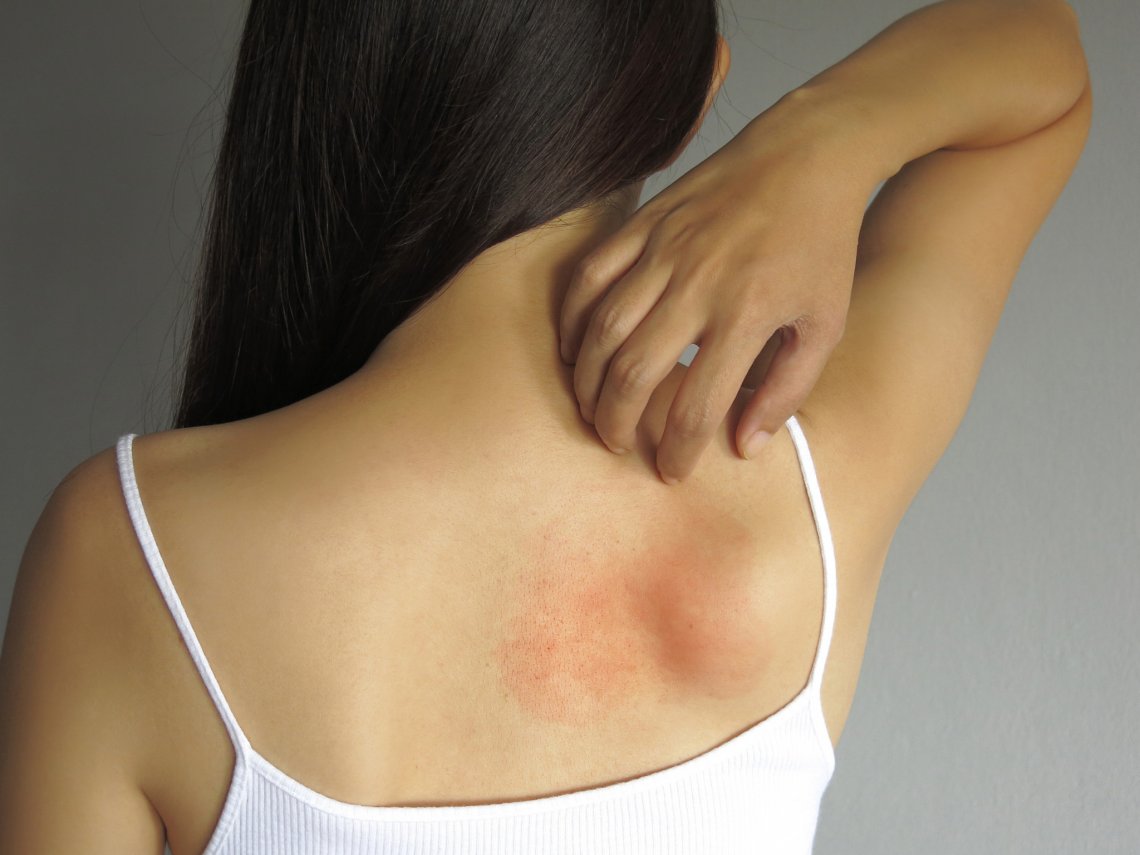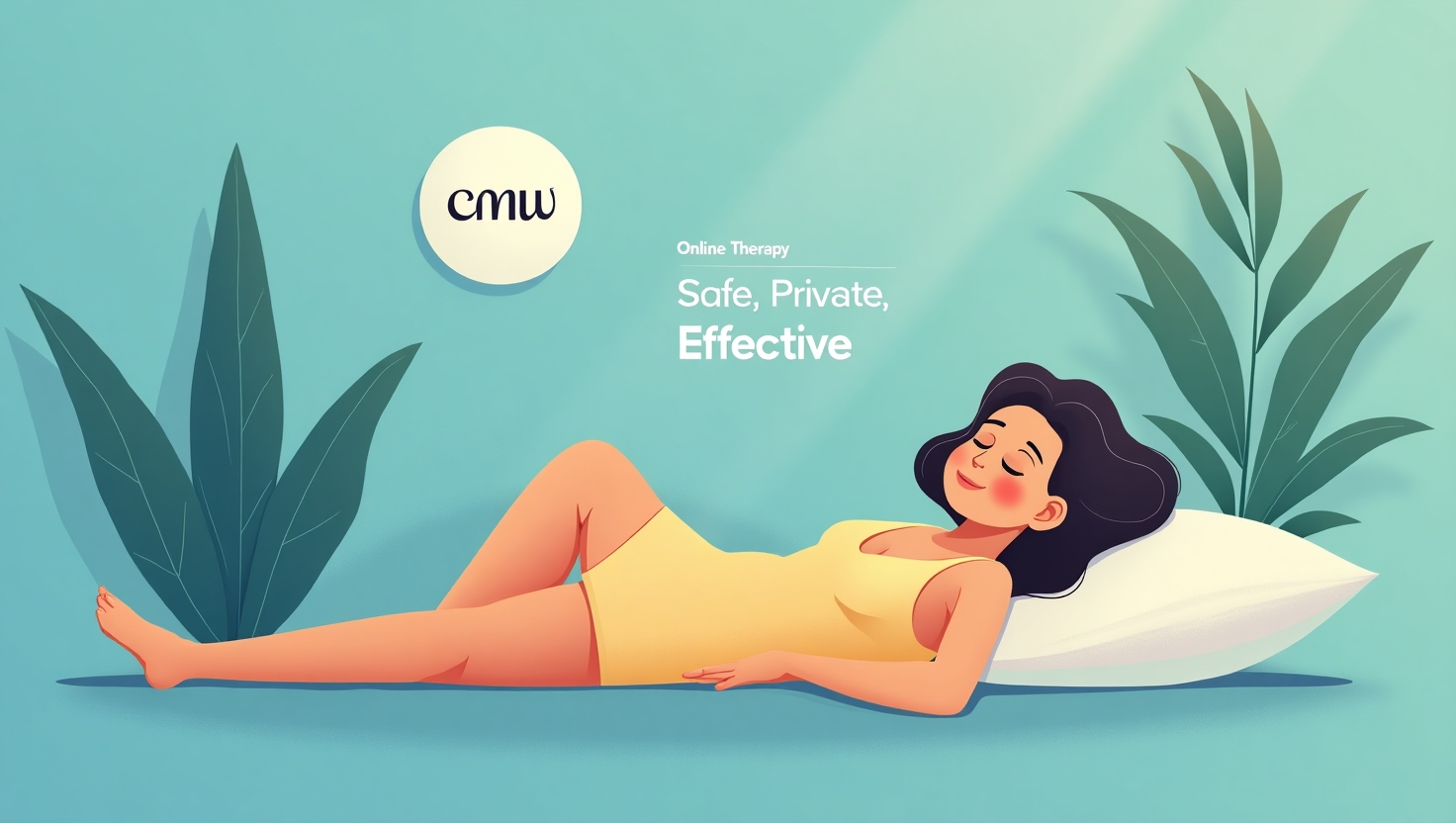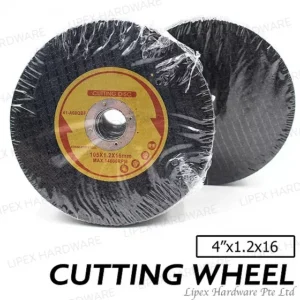Fast-Acting Hives Treatment in Islamabad: Quick Relief Methods
Hives, also known as urticaria, is a skin condition characterized by raised, red, itchy welts that appear on the surface of the skin. This condition can occur for various reasons, including allergic reactions, stress, or environmental factors. While hives are usually temporary, they can be highly uncomfortable, leading many to seek fast-acting hives treatment in Islamabad. If you’re looking for quick relief, it’s important to know the causes of hives and how to treat them effectively. In this article, we’ll explore methods for rapid relief, the best treatment options, and when to seek medical help.
Understanding Hives and Their Triggers
Before diving into treatment options, it’s essential to understand what hives are and what triggers them.
What Are Hives?
Hives are a skin reaction where the body’s immune system responds to a trigger by releasing histamine. This chemical causes blood vessels to leak fluid into the skin, which leads to the formation of welts and raised patches on the skin. They can vary in size and shape and may change locations on the body.
Common Triggers of Hives
- Allergens: Foods, pollen, pet dander, and medications can all cause allergic reactions that trigger hives.
- Stress: Emotional stress is a known trigger for hives in many individuals.
- Temperature changes: Exposure to heat, cold, or pressure on the skin can lead to hives.
- Infections: Certain viral or bacterial infections can also trigger hives in some people.
Understanding the triggers is important for determining the best course of action to avoid them and manage symptoms effectively.
Effective Methods for Quick Relief from Hives
If you’re experiencing an outbreak of hives, there are several methods you can try at home or with professional guidance in Hives Treatment in Islamabad to relieve the symptoms as quickly as possible.
1. Antihistamines
Antihistamines are the most common and effective treatment for hives. These medications block histamine production in the body, reducing itching and inflammation.
- Over-the-counter options: Many antihistamines are available without a prescription, such as loratadine and cetirizine.
- Prescription options: In severe cases, your doctor may prescribe stronger antihistamines for faster relief.
2. Cold Compresses
Cold compresses can help soothe the itch and reduce inflammation caused by hives.
- How to apply: Soak a cloth in cold water, wring it out, and apply it to the affected areas for 10-15 minutes.
- Frequency: This can be repeated as needed throughout the day.
Cold compresses help constrict blood vessels, which can reduce swelling and ease discomfort from hives.
3. Oatmeal Baths
Soaking in an oatmeal bath can be a natural way to relieve itching and inflammation from hives.
- How it helps: Oatmeal contains compounds that help soothe irritated skin.
- Application: Simply add finely ground oatmeal to lukewarm water and soak for 15-20 minutes.
This natural remedy is a great option for those looking for relief without relying on chemicals.
Medical Treatments for Persistent Hives
While home remedies can provide temporary relief, persistent or chronic hives require more specialized care. For individuals seeking more targeted treatment in hives treatment in Islamabad, consulting a healthcare professional is the best course of action.
1. Corticosteroids
For severe or long-lasting hives, corticosteroids like prednisone may be prescribed. These medications reduce inflammation and suppress the immune system to help control the reaction.
- Short-term use: Corticosteroids are generally used for short periods, as prolonged use can lead to side effects.
- Follow-up care: After starting corticosteroids, follow-up visits with your doctor are crucial to monitor progress.
2. Epinephrine Injections
If you experience a severe allergic reaction that leads to anaphylaxis, an epinephrine injection may be necessary.
- When to use: This is an emergency solution and should be administered if you experience difficulty breathing, dizziness, or a rapid drop in blood pressure.
- Where to get help: In Islamabad, several clinics and hospitals provide epinephrine shots for emergencies.
Epinephrine helps reverse the symptoms of severe hives and prevent the condition from becoming life-threatening.
3. Allergy Testing and Immunotherapy
In some cases, your doctor may recommend allergy testing to determine the exact triggers of your hives. Once triggers are identified, immunotherapy (allergy shots) may help reduce sensitivity to allergens over time.
- Allergy testing: A small amount of potential allergens is applied to your skin to observe reactions.
- Immunotherapy: Involves regular injections of allergens to desensitize the immune system.
Testing and immunotherapy are ideal for those with recurring hives linked to specific allergens.
When to Seek Medical Help
While most hives episodes can be managed at home, there are situations where medical intervention is necessary.
1. Persistent or Recurring Hives
If your hives persist for more than six weeks, it’s time to consult a dermatologist or an allergist. Chronic hives may require prescription-strength medications to keep the condition under control.
2. Severe Reactions
If you experience any of the following symptoms, seek emergency medical attention immediately:
- Difficulty breathing or swallowing
- Swelling of the throat or tongue
- Rapid heartbeat
- Feeling lightheaded or faint
These symptoms indicate a severe allergic reaction that could lead to anaphylaxis, requiring urgent treatment.
3. Hives with Fever or Pain
Hives that are accompanied by a fever, joint pain, or swelling may indicate an underlying infection or autoimmune condition. Consulting a healthcare professional is crucial to identify and treat any underlying causes.
Prevention Tips to Avoid Future Outbreaks
Preventing hives from recurring involves avoiding known triggers and managing your overall health. Here are some tips to help reduce the frequency and severity of hives outbreaks:
- Track triggers: Keep a journal of foods, environmental factors, and stress levels to identify patterns in your hives outbreaks.
- Avoid known allergens: If you have identified allergens through testing, take measures to avoid exposure.
- Practice stress management: Techniques like yoga, meditation, and deep breathing can help manage stress, which is a common trigger for hives.
- Wear loose clothing: Tight clothing can irritate your skin, leading to hives. Opt for loose, comfortable clothing, especially in hot or humid weather.
Conclusion
If you’re struggling with hives, fast relief is essential to manage the condition and prevent it from interfering with your daily activities. There are several treatment options available in hives treatment in Islamabad, including antihistamines, cold compresses, and professional medical interventions. Whether you prefer natural remedies or more intensive treatments, it’s important to seek the advice of a healthcare professional for persistent or severe cases.
At Enfield Royal Cosmetic, we provide comprehensive solutions for hives treatment, offering the latest medications, therapies, and personalized care to ensure that you get back to feeling your best as quickly as possible. Visit Enfield Royal Cosmetics for a consultation and discover how we can help you manage and treat hives effectively.














Post Comment